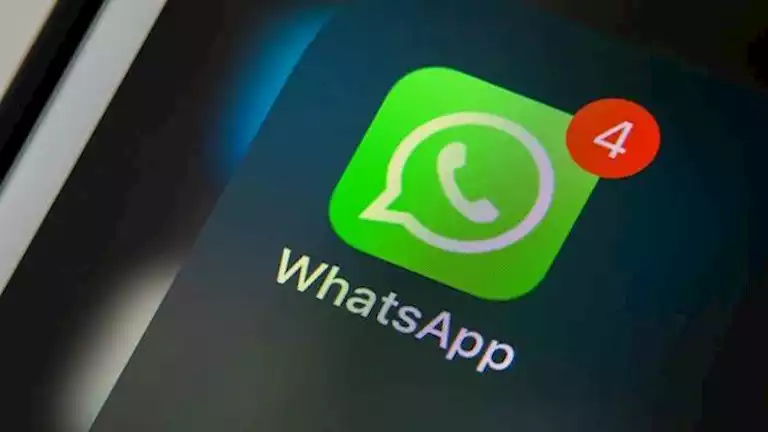10:09 p.m
Sunday, November 24, 2024
Agencies
The application WhatsApp is preparing to stop its support on millions of phones in the near future, after announcing that there is compatibility with one of the operating systems used in some devices. According to TechAdvisor, WhatsApp supported three main operating systems: Android, iOS, and KaiOS. However, the application decided to stop supporting KaiOS, which is the system used in simple phones with limited capabilities.
The KaiOS system, which will be used in some budget phones such as Nokia phones, will not be able to run WhatsApp from February 2025. The company confirmed in a statement that full support for KaiOS will soon stop, but existing users will continue to have access to the service. until early 2025. However, new users will no longer be able to create accounts on KaiOS devices starting in June 2024.
WhatsApp noted: “Our goal is to provide a reliable experience to the largest segment of users, so we are constantly reviewing supported systems and devices.” The app also advised affected users to save their important data elsewhere, as there is no data backup or restore feature available on these devices.
KaiOS, built on Firefox OS, was once popular among simple devices, but it now faces challenges keeping up with the rapid developments in smartphone technology.
Devices running KaiOS:
KaiOS is used in phones of various brands such as:
Nokia: Like the Nokia 8110, known as the “Banana Phone”.
JioPhones: Available in India and manufactured by Reliance Jio.
Alcatel: Along with some other models aimed at emerging markets.
Beyond WhatsApp, what broader implications does this situation have for the development of inclusive and sustainable technological solutions that cater to users of diverse technological capabilities?
_
## World Today News: WhatsApp Drops Support for KaiOS - A Digital Divide in the Making?
**(Introduction)**
Welcome back to World Today News. Tonight, we’re diving into a significant development impacting millions of users worldwide: WhatsApp’s decision to discontinue support for KaiOS devices starting February 2025. To discuss the implications of this move, we have two esteemed guests with us:
**Dr. Anya Sharma**, an expert in digital accessibility and technology innovation, and **Mr. David Lee**, a technology analyst specializing in mobile operating systems.
Thank you both for joining us.
**(Section 1: Understanding the Impact)**
* **Dr. Sharma, millions of people rely on WhatsApp for communication, especially in emerging markets where KaiOS devices are popular. What are your thoughts on the potential impact of this discontinuation on these communities?**
* **Mr. Lee, can you elaborate on the reasons behind WhatsApp’s decision to stop supporting KaiOS? What are the technical limitations that might have played a role?**
**(Section 2: The Future of KaiOS)**
* **Mr. Lee, KaiOS was designed to bring smartphone-like functionalities to basic phones. Given this development, do you see a future for KaiOS, or will this be a significant setback for the platform?**
* **Dr. Sharma, this situation highlights the challenges of bridging the digital divide. What steps can be taken to ensure that users with KaiOS devices are not left behind in the digital world?**
**(Section 3: Data Security and User Options)**
* **WhatsApp has stated that existing users can continue using the app until early 2025 but advised them to save their data elsewhere. What are the potential risks associated with this limited transition period, and what options do users have to migrate their data?**
* **Dr. Sharma, how can we ensure that vulnerable populations who might not be tech-savvy are aware of these changes and have the means to protect their data?**
**(Section 4: The Bigger Picture: Accessibility and Innovation)**
* **Mr. Lee, this situation raises questions about the responsibility of tech giants towards users of older or less advanced technology. How can we encourage a more inclusive approach to technological development?**
* **Dr. Sharma, beyond WhatsApp, how can this event serve as a catalyst for broader discussions about digital access and the need for more sustainable and inclusive technological solutions?**
**(Conclusion)**
Thank you, Dr. Sharma and Mr. Lee, for sharing your insights on this complex issue. This discontinuation undoubtedly presents challenges, but it also serves as a crucial moment for us to reflect on the importance of digital accessibility and equity in the ever-evolving landscape of technology. Remember to stay informed, explore alternative options, and advocate for a more inclusive digital future.
We’ll be back after a short break with more news from around the world.


